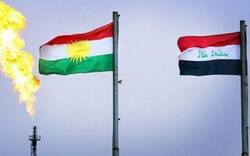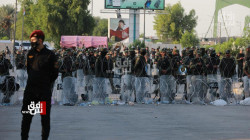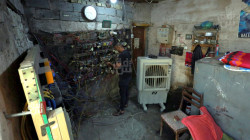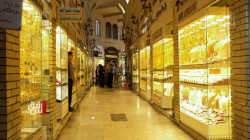Baghdad’s vanishing legacy: Mahallet Al-Shuyoukh
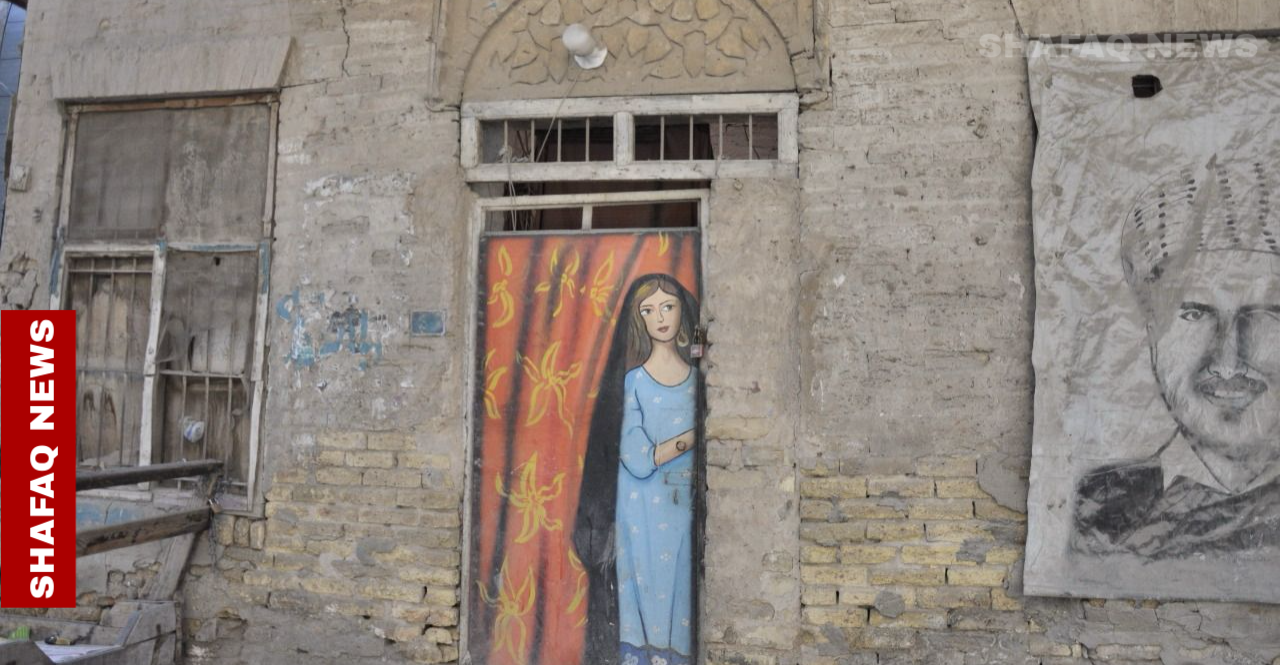
Shafaq News/ Mahallet Al-Shuyoukh, one of Baghdad’s oldest neighborhoods, is deteriorating rapidly amid legal ambiguities, state neglect, and infrastructural decay. Once a vibrant hub of religious coexistence and economic innovation, the area now teeters on the brink of cultural erasure.
Located between the Imam Al-Azam Mosque and Shatt Al-Basha in the al-Adhamiyah district, the neighborhood has long stood as a symbol of Baghdad’s pluralistic identity. Stretching across the city’s eastern side, Mahallet Al-Shuyoukh has historically been known for its rich religious, social, and commercial life.
A Name in Dispute: A Legacy Unquestioned
The origins of the name remain debated. Some historians trace it to revered Sufi sheikhs such as Sheikh Jalal Al-Din and the poet Muhammad ibn Ahmed Al-Hanafi Al-Kufi, while others link it to tribal elders of the Al-Obeid clan, who arrived in 1638 with Ottoman Sultan Murad IV’s military campaign. According to researcher Ali Ward, the area was officially recognized as a district in 1870 during the Ottoman reforms of Midhat Pasha.
“Two Baghdad neighborhoods share the
same name,” Ward told Shafaq News. “One in al-Kadhimiya, linked to the Tayy
tribe; and one here, associated with the Al-Obeid sheikhs.”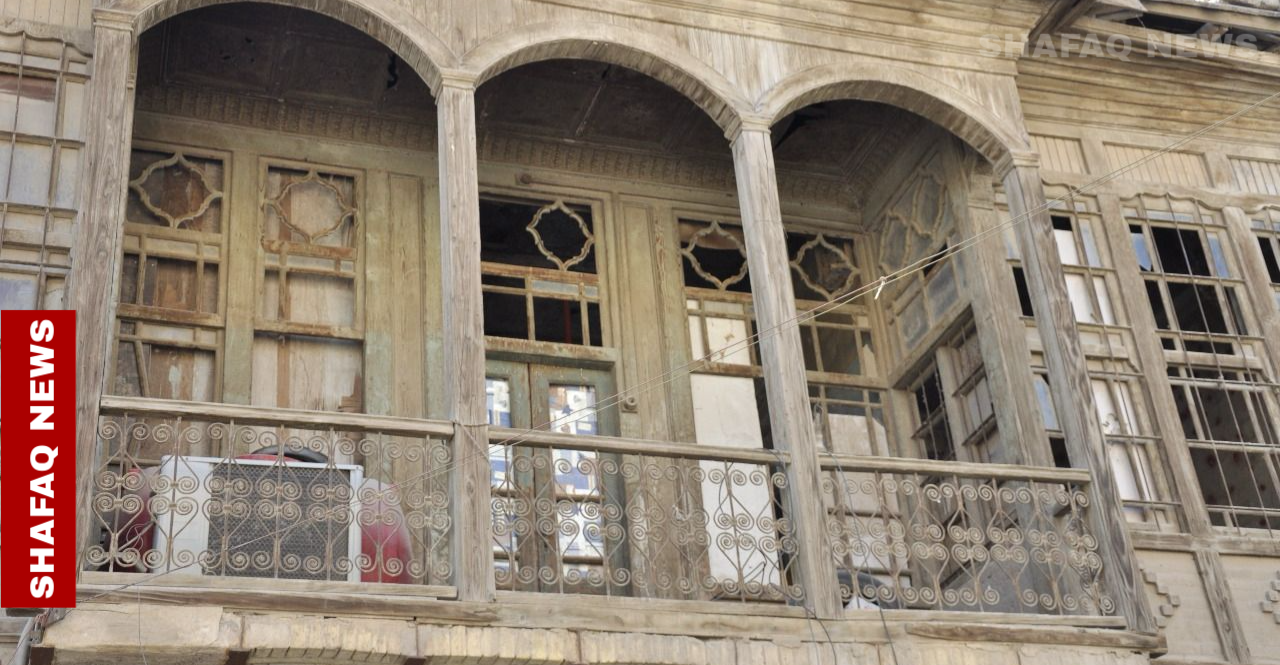
Layers of Culture and Coexistence
Mahallet Al-Shuyoukh once embodied the city’s diversity, where Muslims, Jews, and Sufi communities lived side by side. Remnants of this coexistence still dot the landscape—dilapidated synagogues and Sufi lodges standing alongside mosques and Islamic schools.
“The neighborhood served as a miniature Baghdad,” said heritage researcher Fahd Al-Adhami, noting the role of early 20th-century cafés in fostering communal life. Beit Al-Afandi Café, Hijazi Café, and the still-remembered Mohammed Ghaib Café (opened in 1934) were more than social spaces—they were venues for mediation, storytelling, and mutual aid.
Economically, the area thrived. It
housed Baghdad’s first grain mill, a 1928 soap factory that employed German
workers, and small-scale industries like wool processing and leather tanning.
Markets traded in farm produce, textiles, and timber, fueled by nearby
orchards.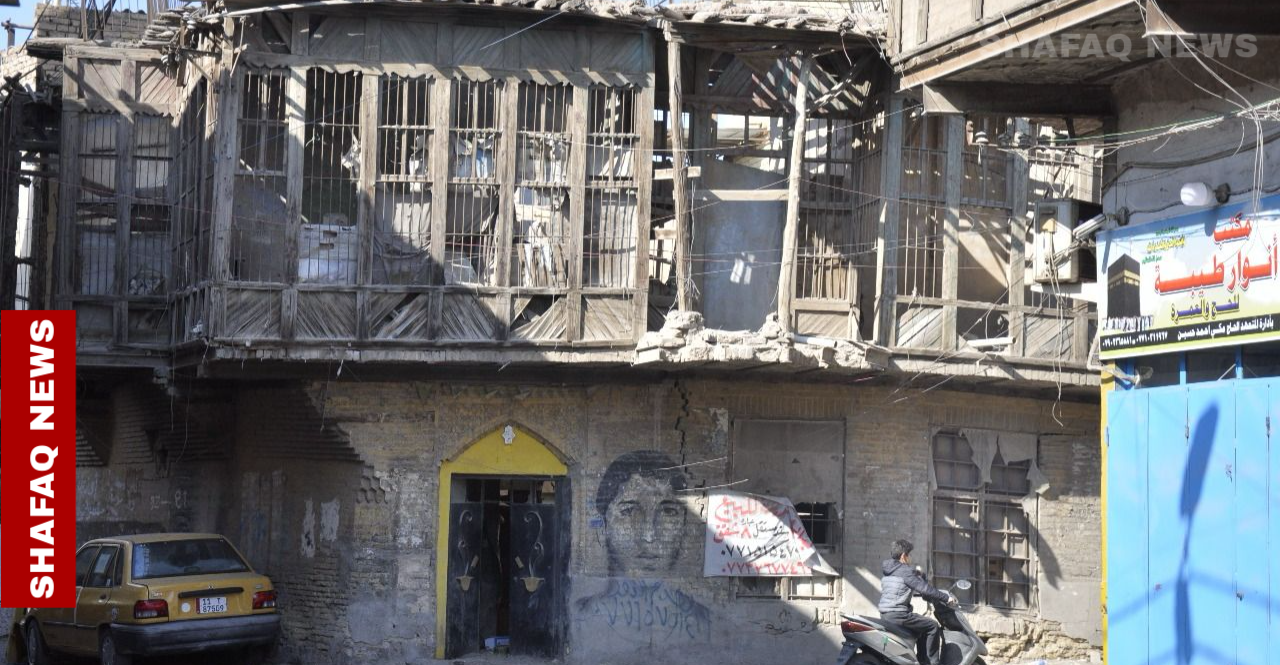
Crumbling Structures, Frozen Ownership
Today, the neighborhood's architectural heritage is in steep decline. Traditional wooden shanasheel—Baghdadi overhanging balconies—are collapsing under the weight of time, moisture, and neglect.
“These houses are not government-owned, and most legal heirs are either abroad or unable to finance repairs,” Mouayyad Al-Saleh, 60, a longtime resident, told Shafaq News Agency. “Some tenants have lived here for decades but can’t renovate because they don’t hold ownership rights.”
While the Sunni Endowment Office has undertaken preservation efforts in other parts of al-Adhamiyah, no similar initiative has emerged for Mahallet Al-Shuyoukh. Residents feel abandoned.
“These buildings may be privately
owned,” said Farouq Al-Obaidi, 47, “but they’re part of Iraq’s collective
memory.”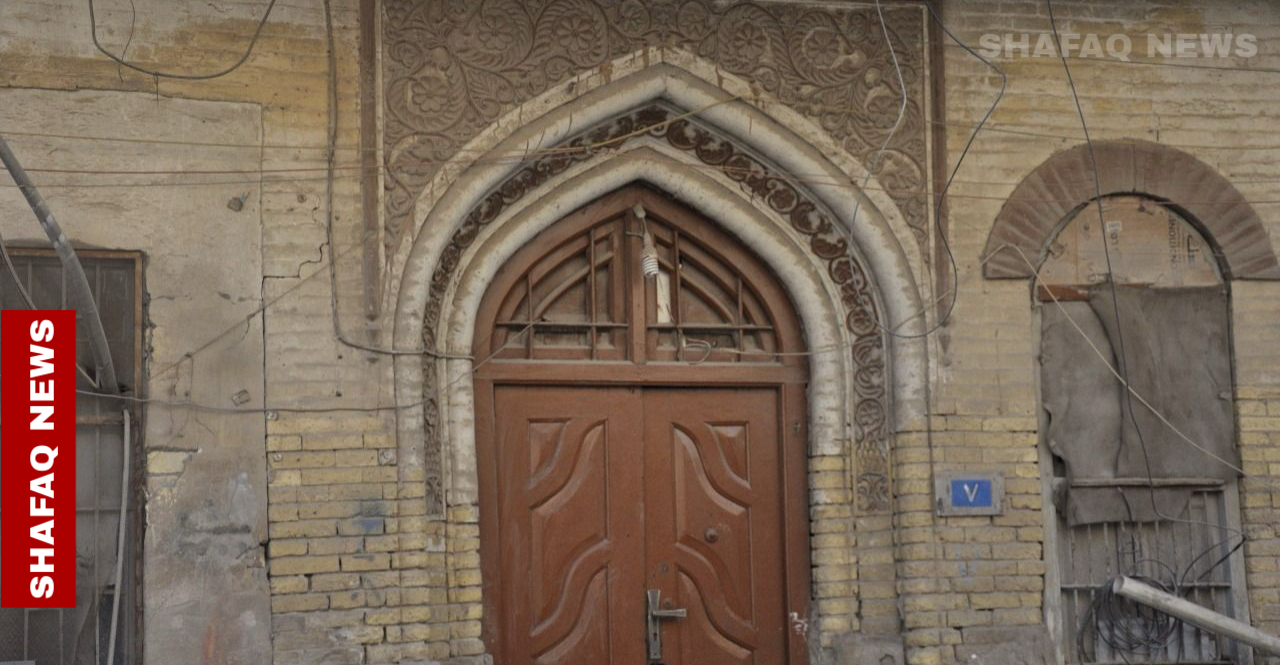
Infrastructure Woes, Institutional Silence
The neighborhood's troubles are deepened by rising underground water—Nazeeza—which undermines building foundations and hastens decay. Longtime residents say the issue has been ignored by municipal authorities for years.
Community leaders and heritage
advocates have repeatedly called for a comprehensive preservation strategy.
They argue that the legal and financial frameworks used in places like
al-Kadhimiya could be extended here with political will and institutional coordination.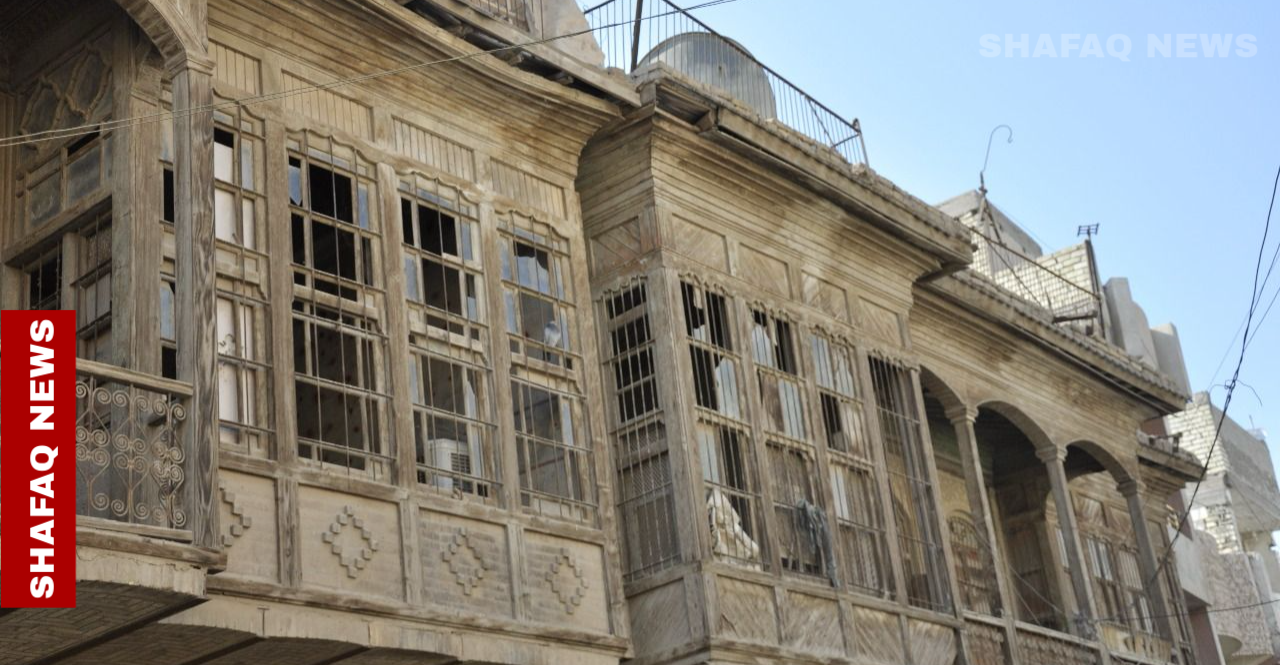
A Vanishing Archive
The unraveling of Mahallet Al-Shuyoukh mirrors a broader crisis in Iraq’s approach to heritage preservation. Decades of conflict, displacement, and bureaucratic fragmentation have left many historical neighborhoods exposed and unprotected.
Even the neighborhood’s narrow alleys—once named for local figures like Issa Al-A’ma and Hassoun Al-Sukran—are slipping from memory. Without urgent intervention, Mahallet Al-Shuyoukh risks being lost not just as a place, but as a living chapter of Baghdad’s inclusive and resilient past.
